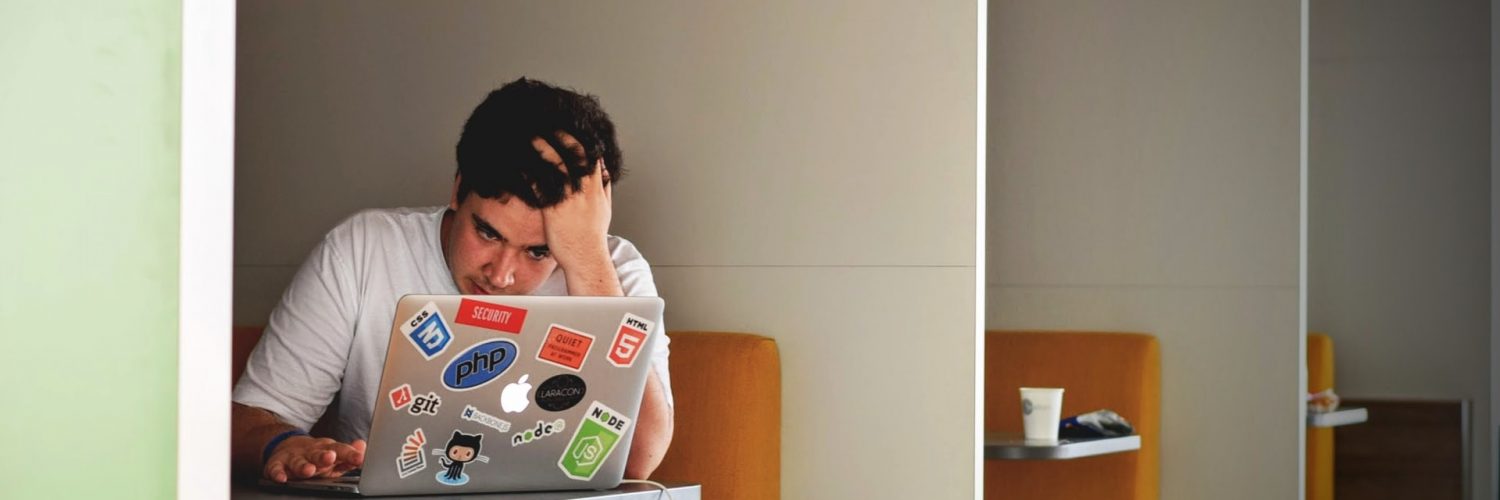A nationwide survey of education institutional presidents has found that a large number of US universities are trimming staff, coping with providing regular COVID testing and are deeply worried about the mental health of their students.
The poll conducted by the American Council on Education (ACE) which is the central US higher education membership group, details an atmosphere of great anxiety across the academic community, especially among those schools and students that are least set up to endure it.
Approximately 300 university and college presidents engaged in the survey, where the largest share, around 53 per cent listed the mental health of their students as the prime concern for them. Shirley Collado, president of Ithaca College in New York, said that just because most of the US universities have moved on to online formats, it will be a mistake to think that this transition makes mental health counselling any less necessary.
Michael Sorrell, the president of a private Dallas institution, Paul Quinn College which assists a substantial share of low-income students, is shifting to teaching online this autumn and they have seen a rising requirement for mental health assistance. Dr Sorrell said that initially, their students were very fragile, but moving forward, with new disruptions each passing week, the students are becoming increasingly discouraged, so they had to increase their engagement with them. Paul Quinn College, as one solution, is putting more priority on students attending the summer semester, before attending the autumn term because they thought it would act as an academic recovery possibility.
The ACE (American Council on Education) survey conducted in mid-September saw participation from 295 institutional education presidents. Out of these 295 presidents, 22 per cent lead government four-year schools, 24 per cent represent two-year government campuses and 43 per cent head four-year private institutions. The highest almost 55 per cent, said they were practising online teaching this autumn, on the other hand, 32 per cent said they were teaching in-person.
The President’s replies demonstrate the nationwide diversity in the capacity to cope with the economic as well as health disturbance of the coronavirus pandemic. Losses in enrollment along with financial damage appear most decadent within the two-year colleges, and institutions show broad carves in their ability to provide health-related assistance. Almost all the institutions are keeping face masks as mandatory on campus and also contributing some protective equipment, but fewer than one-third provide ongoing COVID testing for students. Compared to a two-year institution, the four-year institutions were less inclined to have increased tuition charges or other fees, and more likely to have higher spending on student support assistance and teaching.
Nearly all the presidents, despite the size of their institution, have already or are planning to stop hiring as well as salaries. For four-year institutions, the private-school presidents stated themselves as more probable than the public universities to be taking these cost-cutting measures.
The American Council on Education (ACE) data shows that almost 55 per cent of presidents list a decline in autumn admissions. Out of 55 per cent, 37 per cent reported a decrease in enrollment of about 6 per cent to 10 per cent. Other 23 per cent described drops of 11 per cent to 20 per cent. Furthermore, budgetary losses to the US universities due to the COVID-19 pandemic is as high as $120 billion, which is almost one-fifth of the $650 billion which is the entire budget US higher education spends each year.


















Add comment